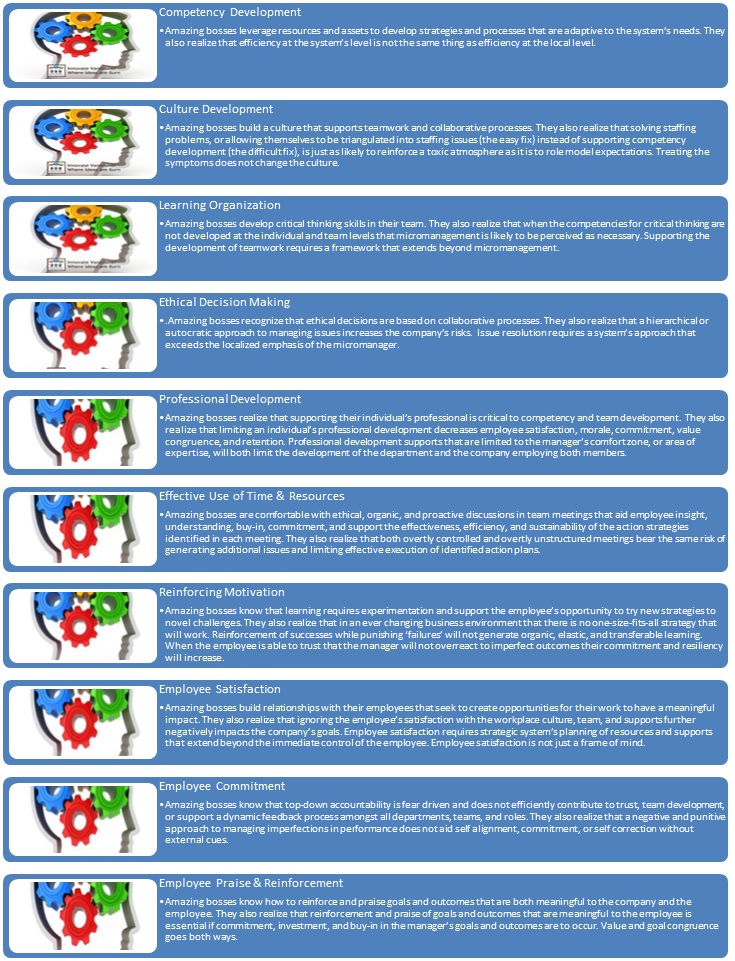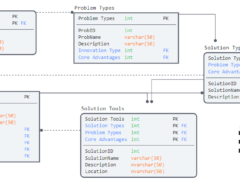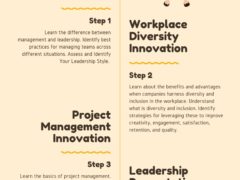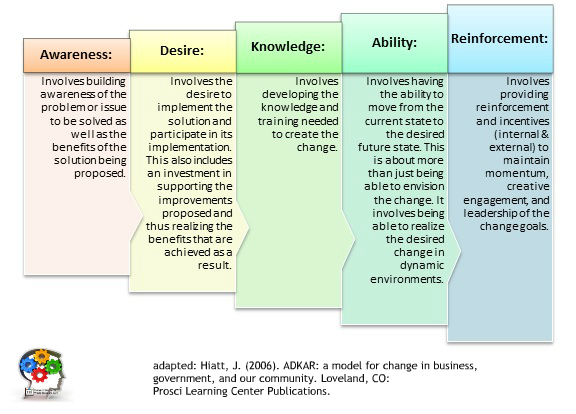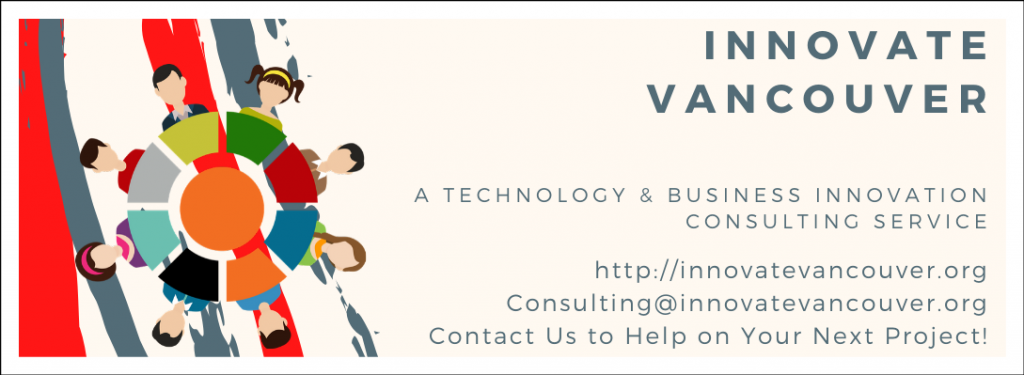Leadership core beliefs determine how work is evaluated, employees are engaged and supported, how outcomes are evaluated and pursued, how human and technical needs are prioritized, and how their role is envisioned and executed. These same core beliefs determine leadership style, corporate culture, team quality, operation’s capacity, and the organizations ability to learn/adapt.
Managers that recognize that the workplace represents a system of interdependencies, and dependencies, are similarly supported to recognize that managing with the wrong instrument, process, or strategy will be inefficient and costly. Managers that recognize that the workplace is a community are supported to consider the human needs of the system in addition to the technical.
Managers that recognize their responsibility is to serve and support the processes and strategies that are appropriately tailored for the individual task, employee, and environment. Manager’s that recognize that created power distances also creates collaboration, communication, coordination, and implementation distances that negatively impact the company. Managers that recognize that fear decreases vision, and vision empowers creativity and motivation, are supported to leverage better outcomes.

Managers that recognize that tools are not be feared, but instead are to be strategically evaluated according to the team’s need and then leveraged to address those needs, are supported to be more efficient and effective. Managers that recognize that creativity, additive value, agility, and innovation are possible when the work is fun; conversely, work that is uninspiring, uninteresting, and un-motivating is likely to be produced at minimal standards.
When a manager has these effective, ethical, and empowering core beliefs everyone wins; the company, the manager, the employee, the team, the stakeholder, and the customer.
Leadership Competencies
The key areas of focus that differentiate the leadership approach from the management approach can be reduced to the ten factors discussed below. This includes competency development, culture development, learning organization, ethical decision making, professional development, effective use of time & resources, reinforcing motivation, employee satisfaction, employee commitment, and praise & reinforcement.
In order for these strategies to be effective and efficient it is essential that these “leadership competencies” are role modeled, explained, developed, and facilitated from the top-down.

In order for these strategies to be sustainable it is essential that these same competencies involve ongoing training, discussions, and role modeling from the bottom-up. Whereas the executive team(s) identifies the strategy for realizing the development of these leadership competencies the processes for sustaining these competencies are greatly benefited by engaging the larger employee base.
How is your organization leading the charge on competency development? Leave your comments below.
Travis Barker, MPA GCPM
Innovate Vancouver
http://twitter.com/innovatevan
Reference:
Daum, K. (n.d.). 10 Things Really Amazing Bosses Do. Retrieved April 2, 2013, from http://www.inc.com/kevin-daum/10-things-really-amazing-bosses-do.html
James, G. (2013, April 23). 8 Core Beliefs of Extraordinary Bosses. Retrieved from http://www.inc.com/geoffrey-james/8-core-beliefs-of-extraordinary-bosses.html
Innovate Vancouver is a business development & consulting service and technology startup located in Vancouver, BC. Contact Innovate Vancouver to help with your new project. Innovate Vancouver also gives back to the community through business consulting services. Contact us for more details.
